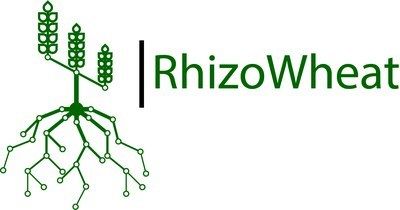Winter wheat is the world's most important crop in terms of area and is in second place in terms of production volume. At a global level, a decline in the increase in production volume has been observed for several years, which in recent years has fallen below the increase in production of 1-1.5% per year that is considered necessary to secure the world's food supply.
The crop grown before winter wheat has a major influence on yields, with the negative effects of a cereal preceding crop being particularly strong under drought stress conditions. The focus of the project is on a combination of long-term field trials at two locations with contrasting preceding crops to winter wheat and on trials under controlled conditions, e.g. in so-called rhizoboxes, in which soil material from the field trials is used. The rhizoboxes make it possible to carry out very detailed observations and measurements directly at the root and in the root environment, the so-called rhizosphere.
In the trials, extensive measurements are taken on yield formation, root growth, various soil parameters and the composition of the soil microbiome and enzyme activity in the rhizosphere and in the soil as a whole using innovative methods. The observation scale ranges from the plant population in the plot experiment down to the molecular level. The data obtained in the trials will be used for process-oriented modelling of the yield formation of winter wheat after different preceding crops. The focus here is on improved modelling of the root function.
Initial results show a complex interaction between direct material effects of the previous crop, a shift in the microbiome and modified gene regulation in the plant with negative effects of a cereal previous crop on root growth and yield formation.
